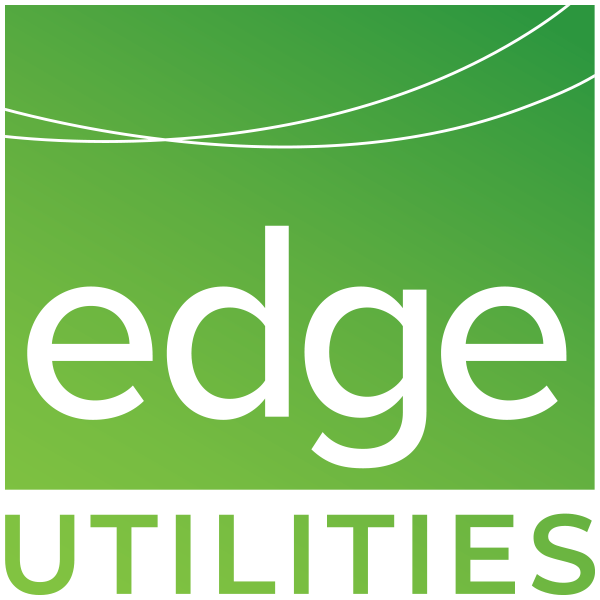The Australian government is moving forward with its plan to rewire the nation, a project that could be quite costly, with land acquisition prices potentially reaching $10,000 per kilometre. Recognising the importance of including everyone in the conversation, there’s a strong push for community involvement.
Last month discussions at the All Energy conference in Victoria emphasised how crucial it is for local communities to be part of creating new Renewable Energy Zones and updating power transmission systems. The benefits? These projects can bring significant improvements to local areas.
The Australian Energy Market Commission (AEMC) is now making sure that for any new energy project to be approved, it must be communicated clearly to all involved, from government councils to the people who own the land. This means everyone should understand what’s proposed and know their rights in the process.
Here’s what’s new:
- Information must be easy to understand and readily available.
- Communication and engagement must be tailored to meet different needs.
- Everyone should know how they can contribute and that their views will matter.
- People should have the chance to be involved in energy plans from the start.
At a recent energy conference, Chris Bowen, speaking optimistically, mentioned that a well-designed renewable power system is not only reliable but also essential, especially during tough times. He noted that failing to update our infrastructure could be why Australia might not meet its energy goals. By 2030, Australia aims to get 82% of its energy from renewable sources and cut greenhouse gas emissions by 45% compared to 2005 levels.
However, there are concerns that the government’s current focus on power transmission issues might distract from a broader strategy for renewable energy, which has been somewhat lacking over the past decade. This could be why the Minister for Climate Change and Energy is avoiding tough questions at the upcoming COP28 climate conference in Dubai.
The Australian government’s decision to send Jenny McAllister, the Assistant Minister, instead of the Minister to COP28 has been noticed by many, especially by the Pacific island countries. With those nations key to Australia being announced as the COP31, are watching Australia closely. They want to make sure Australia keeps its promises to address climate change. This interest is shared by other countries, like Turkey, who are also keen on hosting the conference and holding Australia to its climate commitments.
This is a summary article from Edge2020 – read the original article.
Looking to reduce your business’s energy expenses without any extra cost? Edge Utilities makes it possible through collective purchasing, which enables you to unlock substantial savings. Our focus is on empowering SMEs like yours by fetching the most competitive rates available. You can get in touch with us by emailing us at save@edgeutilities.com.au or calling us at 1800 334 336. Start saving today with Edge Utilities!

